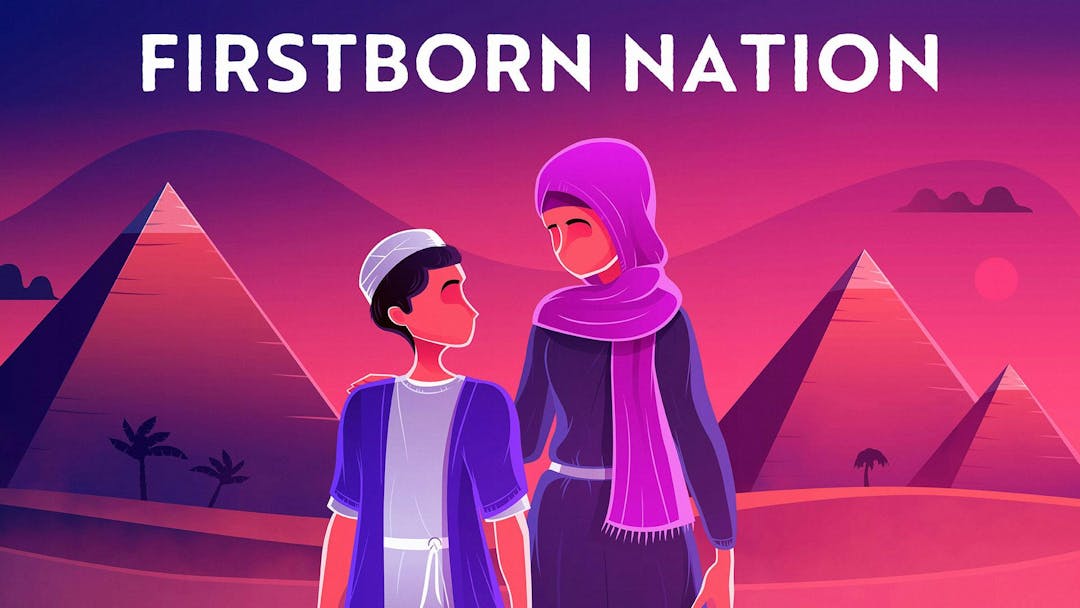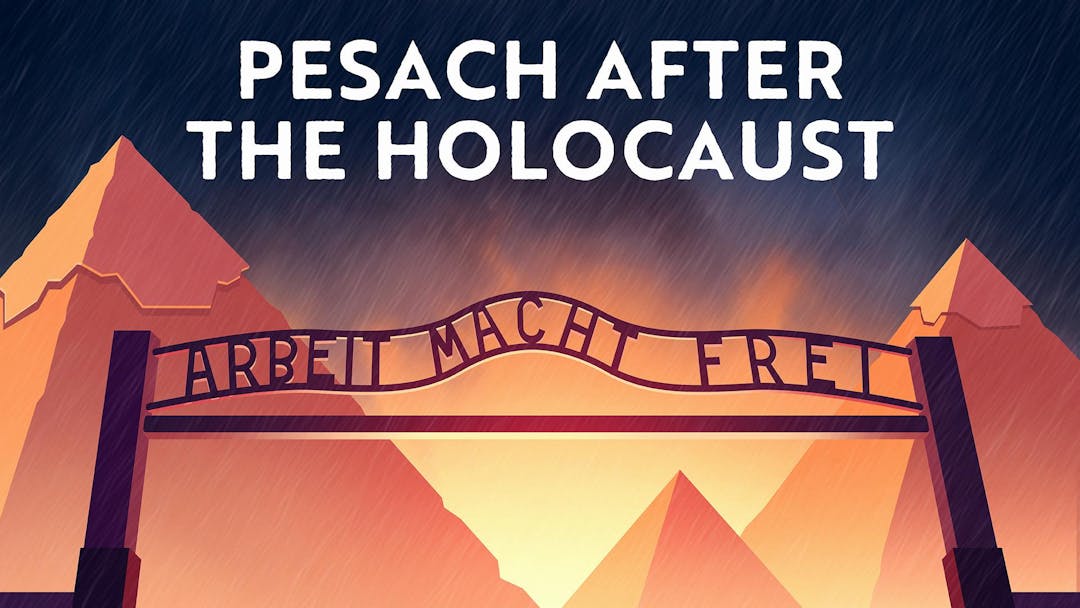Start your free trial today to unlock the full library and enjoy unlimited and uninterrupted access.
Get StartedWhat Does Dayenu Mean?
Dayenu In The Pesach Haggadah
Many songs are sung during the Passover seder, including the song of Dayenu, literally meaning “it would have been enough.” With its catchy Hebrew chorus, everyone at the seder can heartily join in. But behind the fun lyrics lies a profound message of wisdom that shouldn’t be missed.
Singing the 15 stanzas, the Dayenu takes us on a journey through the history of the Israelite nation, detailing the nation’s tragedies and God’s miracles that saved them. In this respect, Dayenu is an appropriate song for Passover, as one of the commandments is to personally experience the redemption from slavery to freedom. But after each event, the song reflects that if this was God’s only intervention to save the Israelites, “it would have been enough.” What does “enough” mean? What are we thankful for by singing Dayenu?
In this video course, Rabbi Fohrman looks closely at the song’s structure to find a deeper meaning behind the lyrics. Entering through a rabbit-hole of questions, Rabbi Fohrman uncovers that Dayenu may be a path to understanding the events that led to the miracle of the Exodus.
Discover other great Passover videos at Aleph Beta, including ‘Did God Allow Slavery?’, ‘Understanding Moses’ Miracles’, and ‘What Does It Mean To Be God’s Chosen People’
Want to watch the full video for free?
Enter your email and we’ll send you a link to watch the full series free.
What is Aleph Beta?
Aleph Beta is a unique kind of Torah library. Led by our founder, Rabbi David Fohrman, we are dedicated to high-level, textual Torah learning for adults that is intellectually and spiritually sophisticated, that enlivens your Jewish practice and helps you forge a deeper connection to God. Whether you’ve been learning in yeshiva for years or you’re just beginning your Torah journey, you’re sure to find something meaningful and surprising waiting for you here.
Browse our library of over 1,000 beautifully produced animated videos, podcasts, deep dive courses, and printable guides. Topics include the weekly parsha, Jewish holidays & fast days, laws & mitzvot, prayers, relationships, big philosophical ideas and more. Have something to say at the Shabbos table that will amaze your family and guests and bring deep meaning into their lives.













